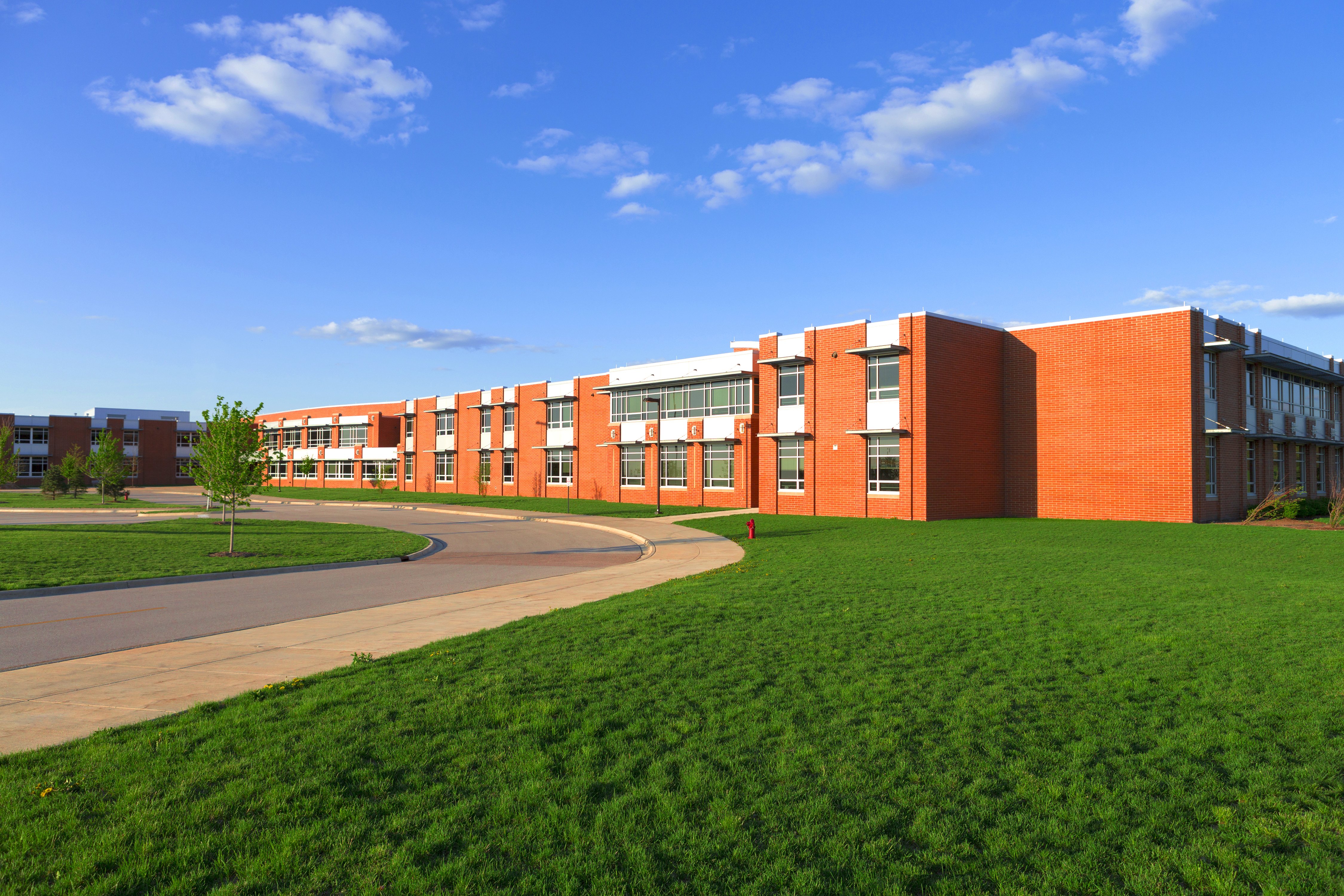Efforts made by Melbourne’s Yeshivah Centre to address the concerns of the Royal Commission into Institutional Responses to Child Sexual Abuse (the Royal Commission) may be derailed by the reluctance of the global headquarters of the Chabad-Lubavitch movement (Chabad Headquarters) to accept any diminishment of its power. Proposed changes that would diversify the governance structures of the Melbourne Yeshivah Centre have drawn a sharp response from Chabad Headquarters, which has reportedly submitted a response to the proposal stating that any change to the overarching authority structures was impossible and lacked authority.
The Yeshivah Centre appointed a Governance Review Panel (the Panel) following a public hearing held by the Royal Commission into child sexual abuse in the Melbourne and Bondi centres. ABC News reports that the reaction from Chabad Headquarters has drawn criticism from Manny Waks, advocate for victims of child sexual abuse, who accused the Headquarters of attempting to derail necessary reforms.
Context
Case Study 22 of the Royal Commission examined allegations of child sexual abuse at several Yeshivah Centres, which belong to an Orthodox Jewish movement known as either Chabad-Lubavitch or simply Chabad, which has its headquarters in New York. The public hearing was held in February 2015 and the Royal Commission received additional oral submissions in September 2015. The findings of the Royal Commission in relation to evidence that the Yeshivah Centre tried to cover up allegations of abuse and that victims were intimidated and forbidden from reporting abuse to secular authorities, have not been released. There was also evidence that, following allegations made against one employee, the Yeshivah Centre attempted to “cure” him and continued to employ him for two decades.
The Governance Review Panel
The Yeshivah Centre in Melbourne appointed the Panel in July 2015 and set out the terms of reference for its review of the Centre’s governance structures. The Panel was comprised of independent experts, such as a barrister and a paediatrician, and was to “make recommendations regarding the appropriate corporate and governance structure for the Centre”. When evaluating different governance structures, the Panel was to consider, alongside other factors:
- safeguarding the Chabad ethos;
- the constitution of the board including representation of school parents, congregants and other stakeholders;
- reporting requirements to members;
- the relationship between the board and management; and
- the relationship between the board and senior Rabbis.
The Panel proposed a new governance structure which would involve three separate entities. Yeshivah Centre Limited (YCL) would govern the Centre as a whole, and two independent entities would be created to respectively govern the school and all remaining Chabad organisations.
Promoting diversity within governance structures
The proposed reforms sought to maintain the focus on religious principles and teachings but would diversify the membership of the governing bodies to increase the number of independent board members and include lawyers, accountants and education experts who could provide expert input in areas beyond religion. This approach was to be preferred over entrusting the protection of religious principles to the discretion of religious leaders without clear procedures in place.
Other measures that would increase the representation of various stakeholders included appointing an independent Chairperson for YCL and ensuring that four of the nine board members for the entity that governed the school were appointed by the parents.
Response from Chabad headquarters: endangering ‘spiritual safety’
Chabad headquarters in New York reportedly responded to the proposed changes by forming a subcommittee of four Rabbis and, through the submissions process created by the Panel, sent a letter which informed the Panel that they did not have the power or the right to change the hierarchical structure of authority within the school. The core issue appears to be the dilution of the power of religious leaders within the school and a reduction in the influence of Chabad headquarters. SBS News reports that the Panel has been told to delay any decision until it has consulted with the New York Rabbis, who may visit Melbourne if it is deemed necessary.
Jewish News Australia spoke to Rabbi Yisroel Deren from Chabad headquarters who stated that the objections were made based on fears for the spiritual safety of children. These fears are presumably based on the fact that the measures would reduce the large amount of power held by religious leaders within the governance structures of the Yeshivah Centre.
The reaction from Chabad headquarters must have been disappointing for the Yeshivah Centre in Melbourne which had previously taken other positive steps to help the victims of child abuse. In December 2015, in order to address the claims of victims, the Centre had set up an independent panel to administer its redress scheme. This positive initiative was discussed in our earlier article Orthodox Jewish Centre offers ‘ground breaking’ compensation packages to victims of abuse in schools. The scheme was praised by victims at the time and, although it was funded by the Yeshivah Centre, all the contact points that victims would meet with were independent of the organisation.
Religious schools and governance structures: balancing power structures
The uncertainty surrounding the role of Chabad headquarters demonstrates the difficulty experienced by some religious schools in balancing their obligations to secular and religious authorities. Adherence to spiritual teachings is often a core priority of a school and can entitle them to exemptions from certain legislation such as anti-discrimination laws.
However, spiritual teachings can’t be a “blanket” defence to change, especially when the local community expects or demands it. A school’s legal obligations towards their students and the school community, especially in regards to student safety and child protection, are undiminished by the spiritual beliefs of school leaders. Schools are required to demonstrate effective governance structures, which ensure that all necessary policies and procedures are implemented within the school and any incidents are properly addressed.
The tension in this case demonstrate the challenges religious institutions can face when attempting to initiate change which may challenge traditional beliefs.


.png)
